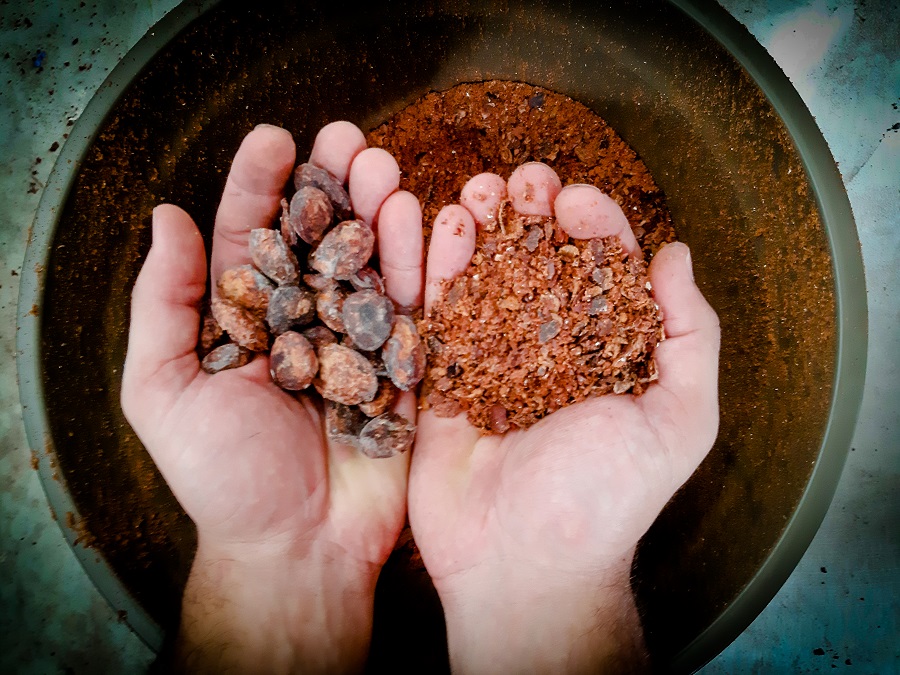
Produtos amazônicos aproximam famílias ribeirinhas do mercado global de cosméticos
The Cidades Florestais Project works in the technical structuring of community associations to meet demand
By Henrique Saunier
Translation: Felipe Sá
Photo: Matheus Pedroso
The Amazon rainforest is home to real treasures that are still little economically explored by large markets. Found in abundance in the region, non-timber products (extracted without the need to cut down trees) such as the tucumã, cupuaçu, murumuru, copaíba, andiroba and the breu branco are highly valued and can be the engine of a fairer economy focused on generating income while preserving the forest.
Native to the Amazon and abundant in the forests of the Uatumã’s Sustainable Development Reserve (RDS), breu branco is one of these promising products that Idesam seeks to promote through the Cidades Florestais Project (Forest Citites, in English). With a greenish white color and quite perfumed, breu branco has potential to be widely used in perfumery and hygiene products, being used as perfume and cologne scent and in soap manufacturing, for example.
Also very popular and found practically all over the state of Amazonas, few people explore the potential of the tucumã beyond the food consumption of its pulp. With technical and commercial support from Cidades Florestais, communities from the Amazon already process the almond present in the fruit seed, transformed into a ‘tucumã butter’ that can be applied in cosmetics or herbal products.
In the segment of hair cosmetics, this raw material can be useful in manufacturing formulas for hair treatments, acting in the replacement of structural lipids and as a moisturizer helping to return the natural elasticity and strength of the hair. Still in the beauty industry, tucumã butter has high potential in the composition of shampoos and creams for curls and curly hair treatment.
Breu Branco in its raw form, before being transformed into oil (Archive/Natura)
All these potentialities will only be able to meet the demands of an extremely demanding market with the structuring and professionalization of the extractive chain, as producers in the state of Pará have been doing for some years in order to sell to giants like Natura. In Amazonas, the Project supports five plants that have installed capacity to produce over 200 tons annually. This shows the potential not only to generate more income for families living in the interior of Amazonas but also to leverage an entire sustainable economy without degrading the forest.
For Elisângela Cavalcante, a farmer and extractive producer from the Uatumã’s RDS who has worked for many years with the planting and collection of tucumã (among other species), the technical support and the implementation of the plants bring a new perspective to the tucumã and other species. In the reserve alone, where Cavalcante works, about 300 families will benefit from the structuring of a mini plant, delivered at the beginning of this year with resources from the Amazon Fund/BNDES.
“We didn’t use to take advantage of the stone, the almond of the tucumã, so the mini plant is a hope that we will reuse it to generate income for our family and the whole community as well. Today we know that there are even initiatives to produce furniture from the stone, and we are studying a possible partnership”, emphasizes Cavalcante.
Matheus Pedroso – responsible for coordinating the network of oils produced by the communities benefited by the Project – explains that these are already known products to the local population, but which are now being used for non-traditional purposes and with different production processes. This vision shared with the communities aims to demonstrate that the forest can generate more income than they imagine, awakening empowerment and interest in new economic activities. According to Pedroso, besides being economically more advantageous than the activities that require the destruction of the forest, the sustainable extraction of these products prevents people from migrating to jobs that involve illegal logging or illegal mining.
“The Bio-economy in the interior of the Amazon must be seen for the potential of the multiple use of the forest and the Cidades Florestais Project structure associations for the diversified production of wood, essential oils and vegetable butters from the Amazon. This is a gain not only for these producers but also for the environment”, adds Carlos Gabriel Koury, Idesam’s technical director.
The main strategy of the Cidades Florestais Project is to provide technical support and technological tools for product traceability, allowing the management of extractive production and extraction plants to be simplified. All this work was mainly designed to bring social benefits to these communities, such as income generation for families, empowerment of community members, inclusion of women and young people in the activities, visibility and partnership building with private institutions and the government.
Currently, the Cidades Florestais Project has a commercial sector that operates prospecting for new business with companies in the segment of food, additives and cosmetics (personal hygiene, skin care, hair care, anti-aging, makeup, among others) so that more products from communities from the Amazon leave the forest and gain space in other states and countries.
Are you interested in purchasing products from the Cidades Florestais Project? Send an e-mail to our responsible team: [email protected] or [email protected]

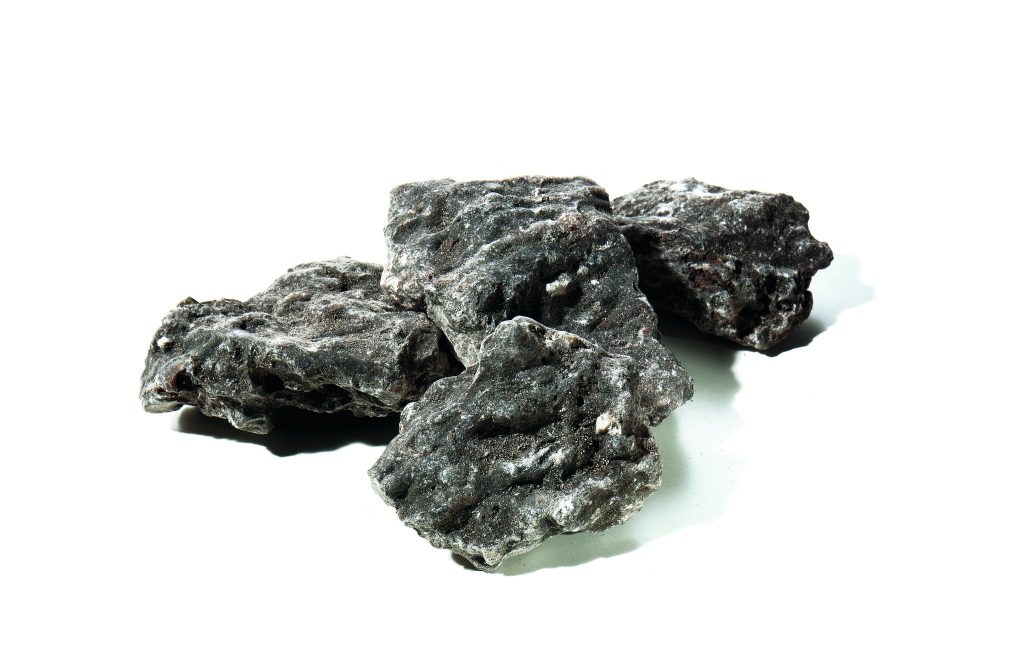
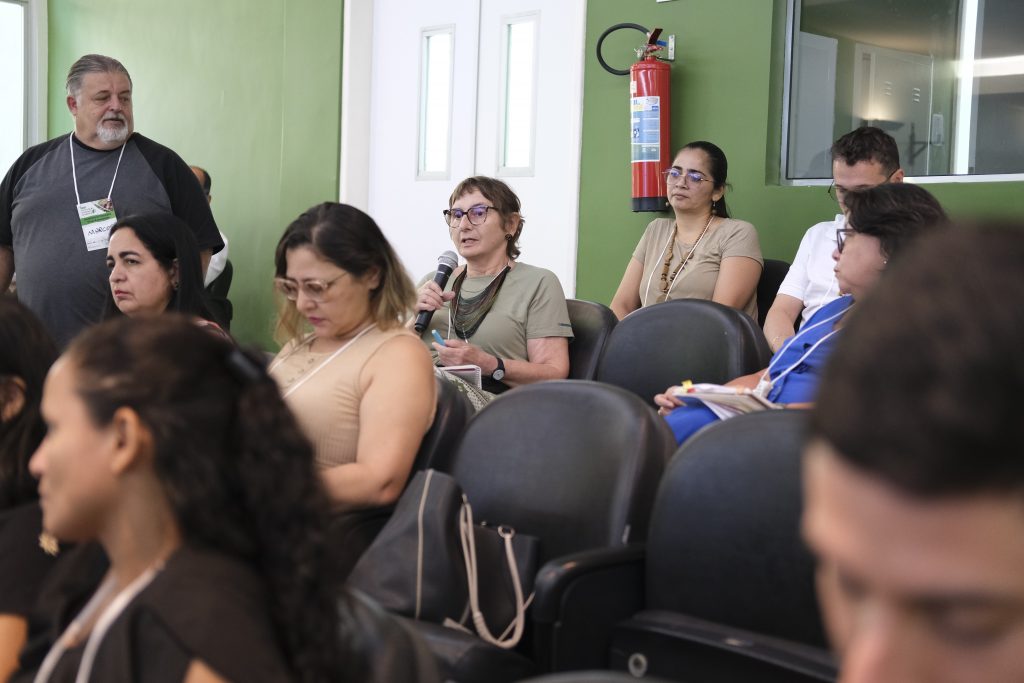
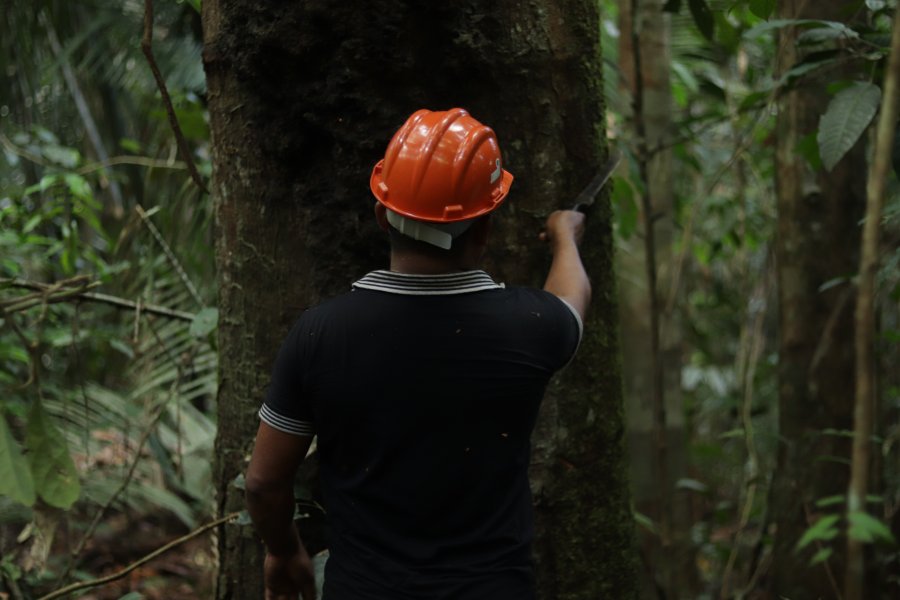
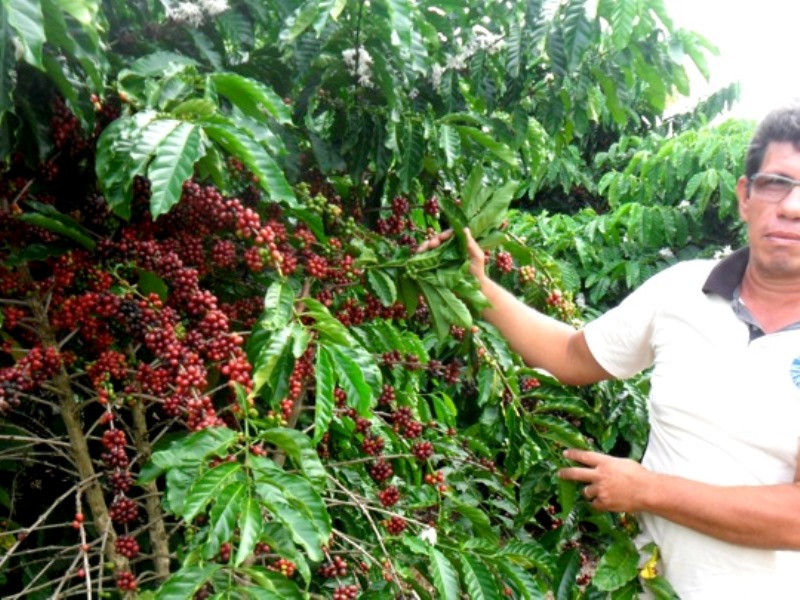
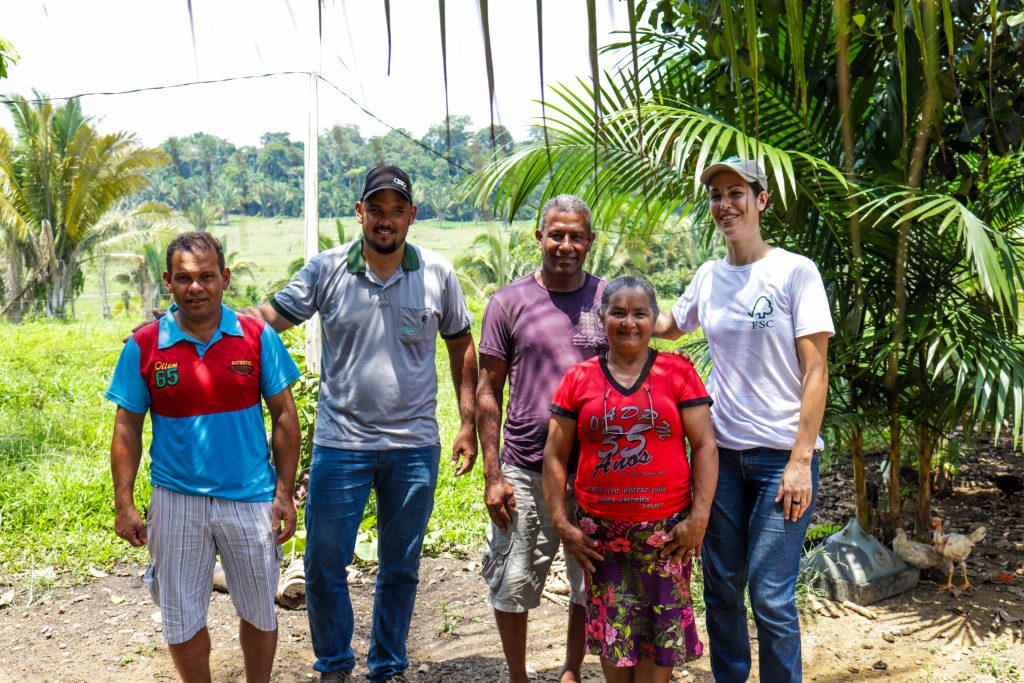
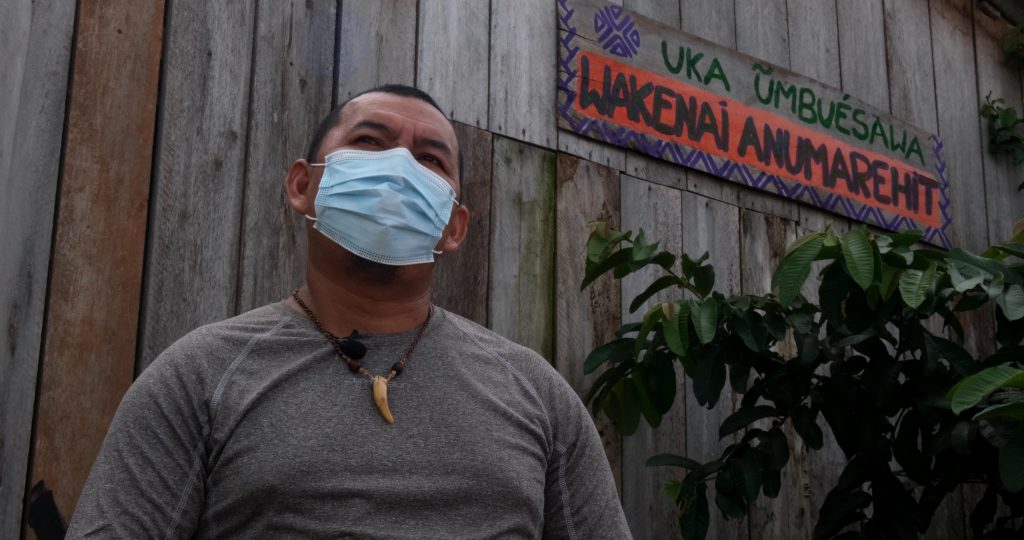
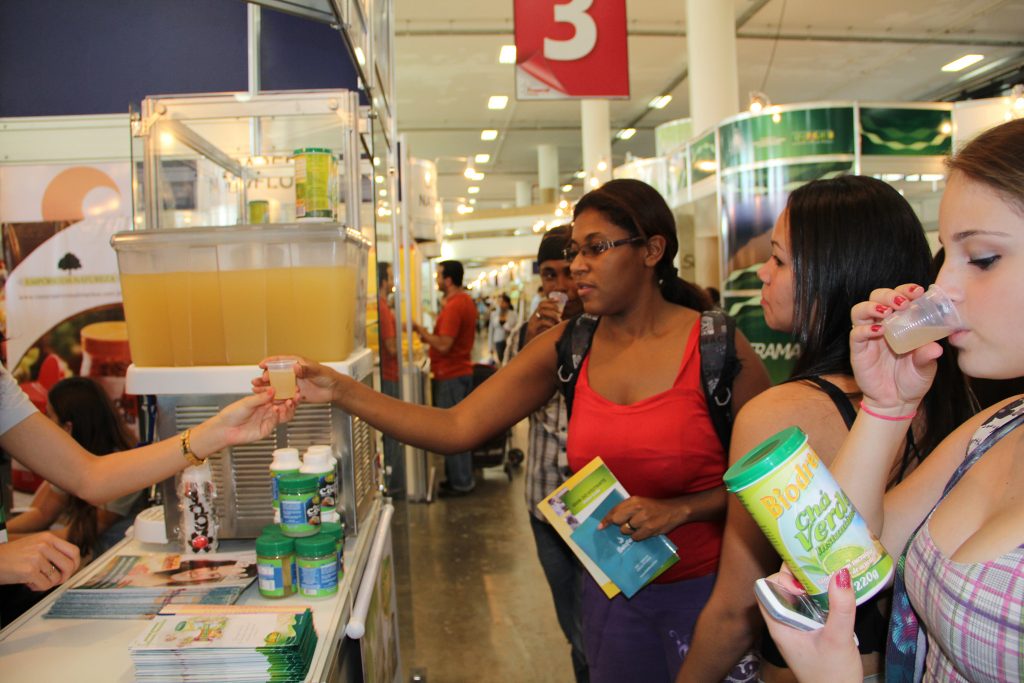
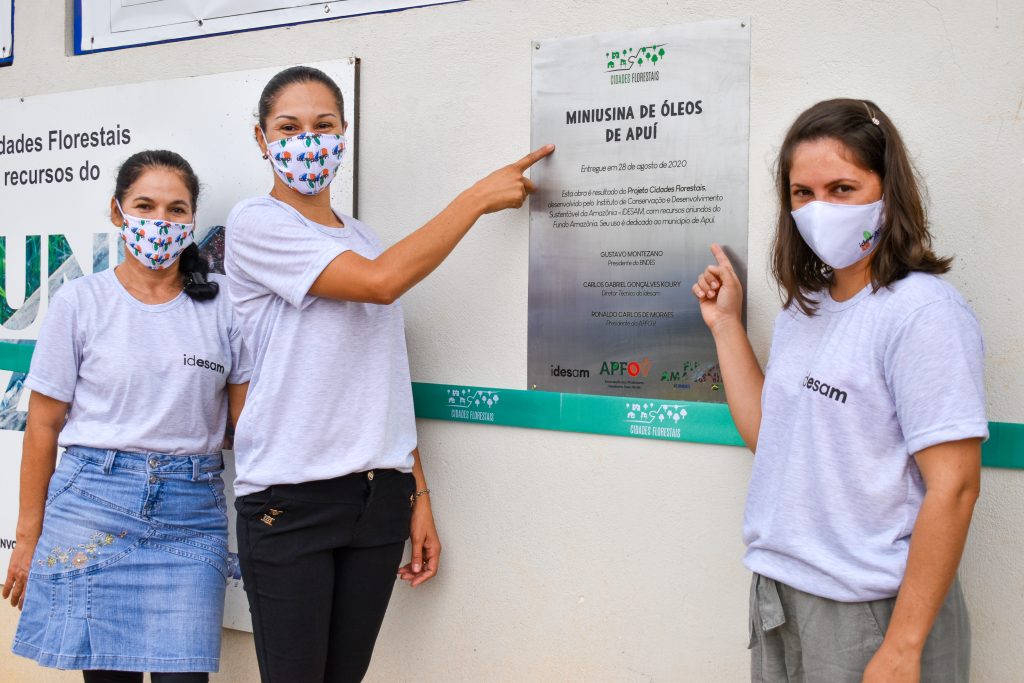
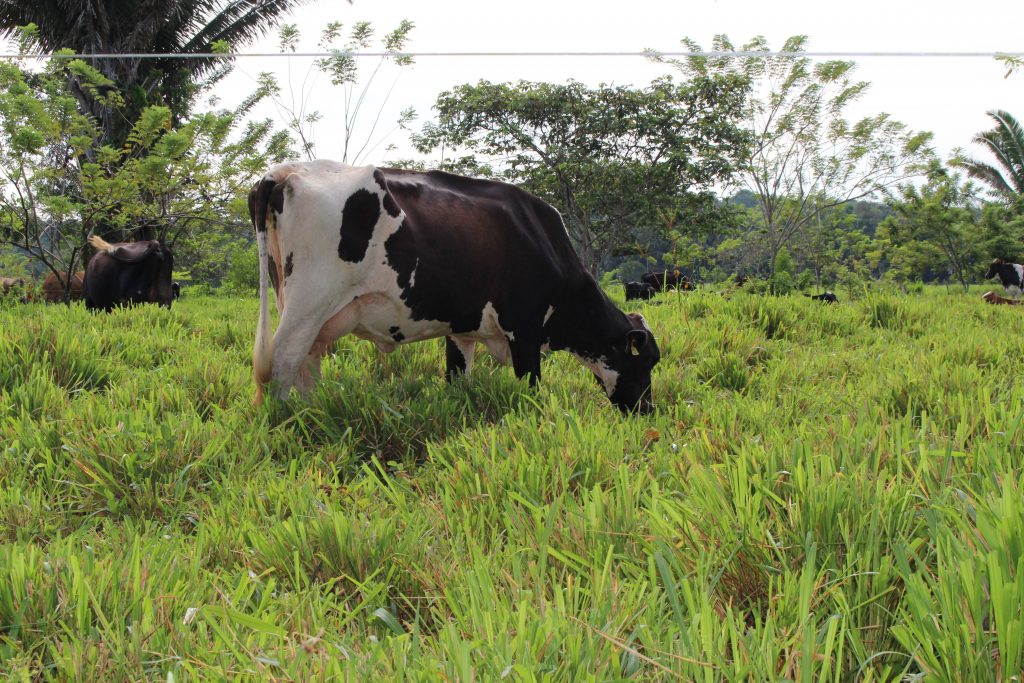
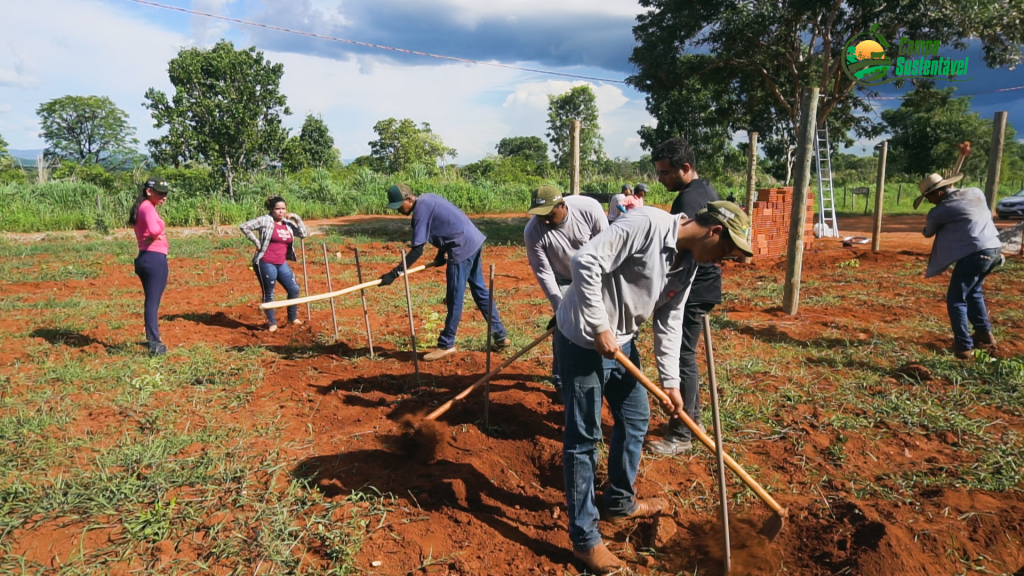

Leave a Reply